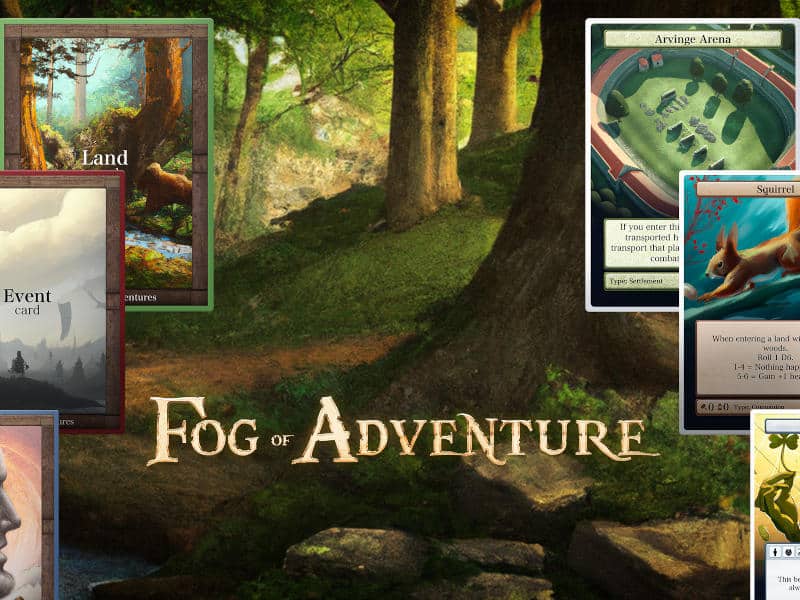
Creating a Tabletop Game with AI (Topic Discussion)
- Nelly
- July 12, 2024
- Board Games
Creating a tabletop game with artificial intelligence (AI) is an exciting and innovative way to enhance the gaming experience. With advancements in technology, game designers have the opportunity to incorporate AI into their tabletop games, providing players with new challenges, interactions, and possibilities.
One of the key benefits of incorporating AI into tabletop games is the ability to create dynamic and intelligent opponents. Traditionally, tabletop games rely on programmed rules and scripted behaviors to dictate the actions of non-player characters (NPCs). With AI, designers can develop opponents that adapt and learn from players’ actions, providing a more immersive and challenging gaming experience.
AI can also be used to enhance the storytelling and narrative elements of tabletop games. By incorporating AI-driven storytelling algorithms, designers can create branching storylines, dynamic character interactions, and personalized experiences for players. This allows for greater player agency and immersion in the game world.
Another way AI can elevate tabletop games is through procedural generation. By using AI algorithms, designers can create unique and ever-changing game worlds, levels, and scenarios. This ensures that each playthrough is different and offers new challenges and opportunities for players.
In addition, AI can also be used to enhance player experience through personalized game mechanics and adaptive difficulty levels. By analyzing player behavior and preferences, AI can tailor the game experience to individual players, ensuring that the game remains challenging and engaging.
However, designing a tabletop game with AI is not without its challenges. Implementing AI into a tabletop game requires a deep understanding of AI algorithms, programming, and game design principles. It also requires careful balancing to ensure that the AI opponents are challenging but not overwhelming for players.
Despite the challenges, the potential of AI in tabletop gaming is vast. By leveraging AI technology, game designers can create more dynamic, immersive, and engaging gaming experiences for players. Whether it’s through intelligent opponents, adaptive storytelling, procedural generation, or personalized game mechanics, AI has the power to revolutionize tabletop gaming as we know it.
In conclusion, creating a tabletop game with AI opens up a world of possibilities for game designers and players alike. By harnessing the power of AI technology, designers can create truly unique and immersive gaming experiences that push the boundaries of traditional tabletop games. As AI continues to evolve and improve, we can expect to see even more exciting and innovative AI-driven tabletop games in the future.




